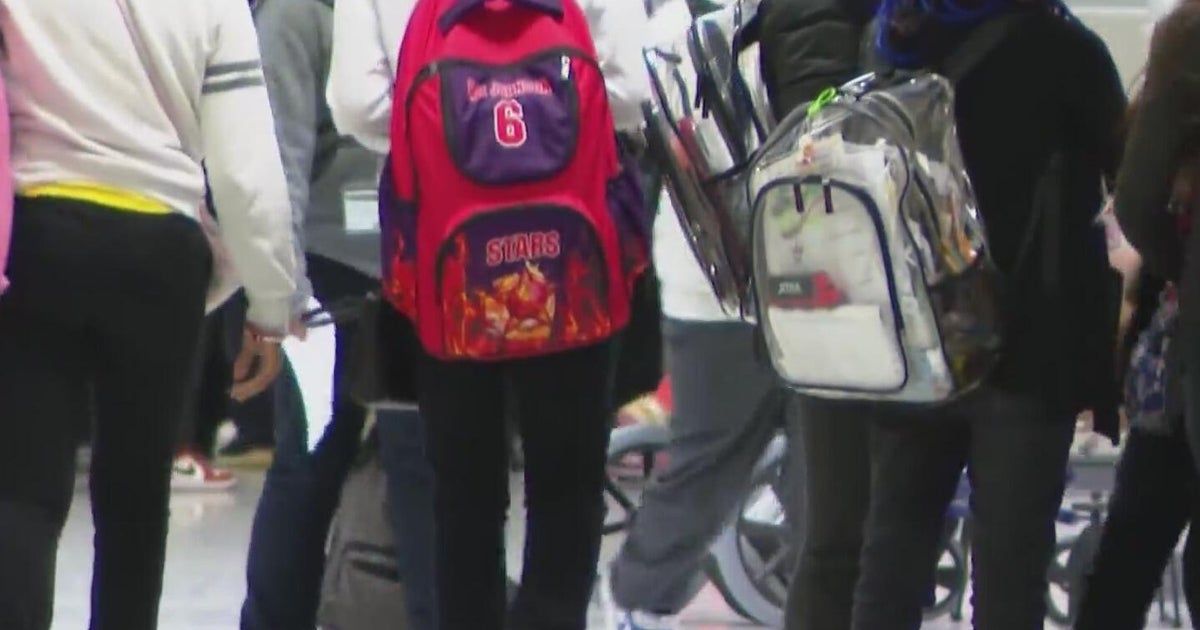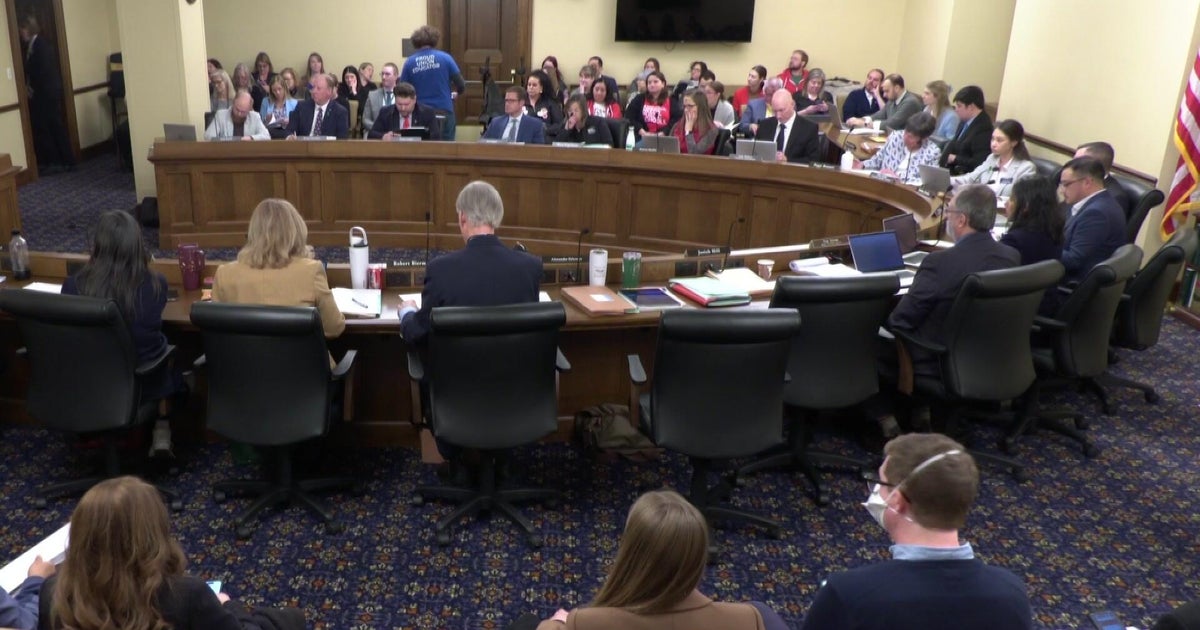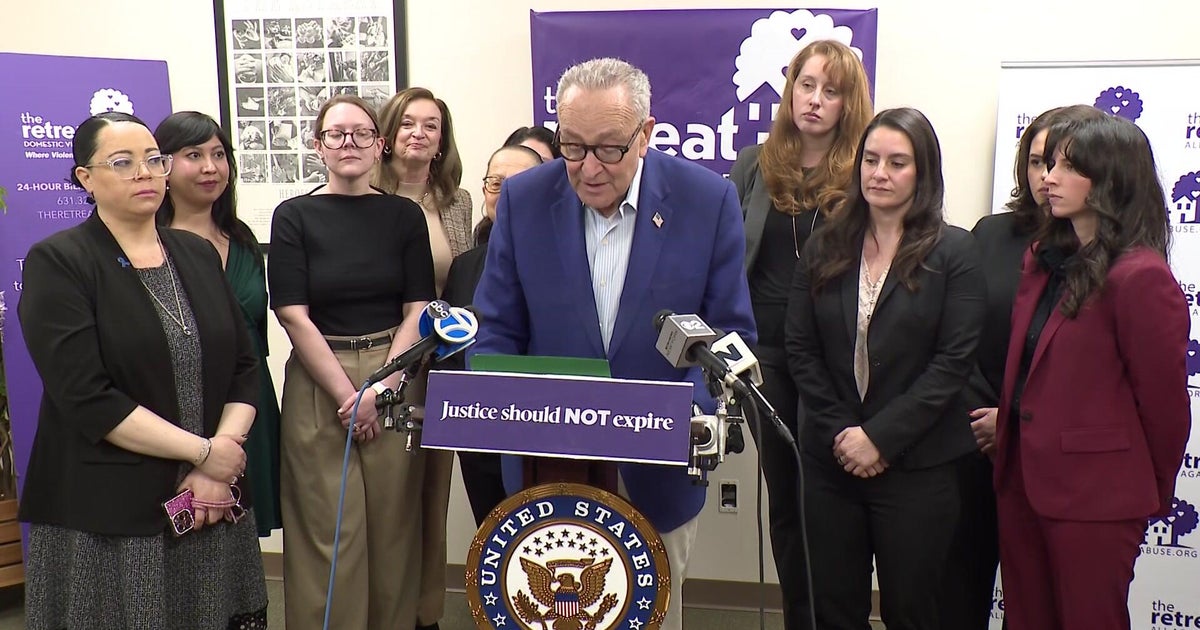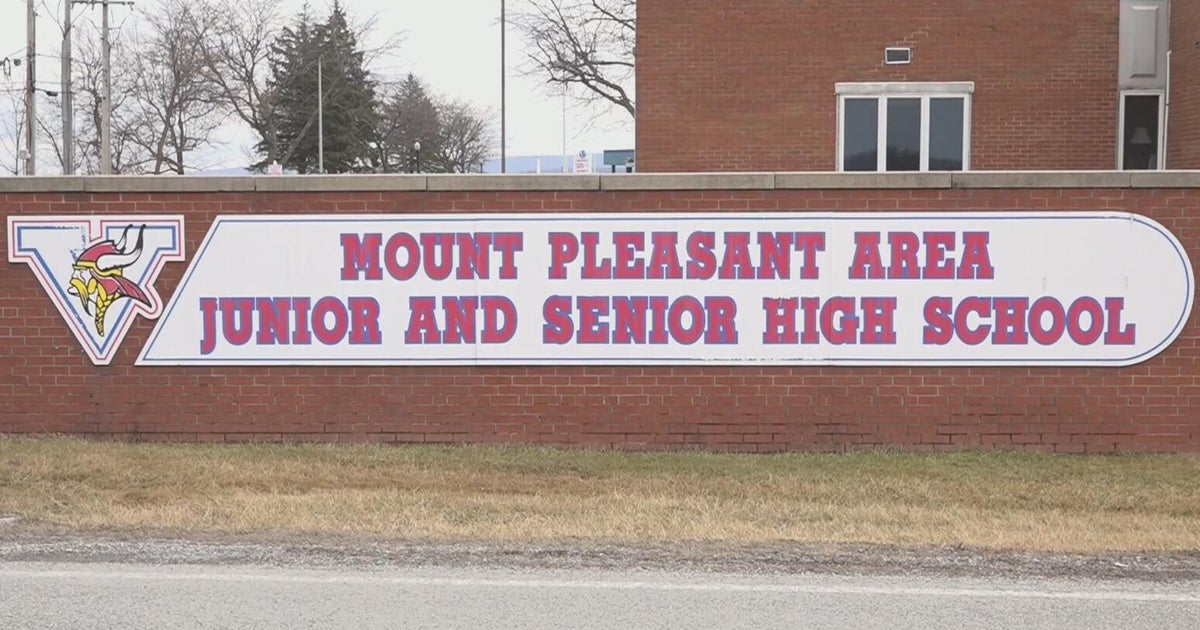Illinois School Funding Data Fuel Reform Debate
SPRINGFIELD, Ill. (AP) -- Newly released figures that show downstate school districts gaining at the expense of suburban ones have fueled a debate among lawmakers about a proposed overhaul of the complicated school funding formula that Illinois has used for almost two decades.
The state Board of Education database, released Wednesday, details the estimated impact to the state's 860 school districts under state Sen. Andy Manar's proposed school funding fix, perhaps the most serious effort to overhaul the state's school funding formula since 1997.
Advocates say the database more clearly illustrates how the proposal would provide equity to rich and poor districts across Illinois. Under the plan, the vast majority of total state education funding would be distributed by factoring in districts' poverty levels.
But the specifics of how much money school districts stand to gain or lose also points up the political risk for lawmakers being asked to vote for such legislation during an election year. School districts in the Chicago and St. Louis suburbs would see major cuts to state aid, and lawmakers in vulnerable swing districts may be hesitant to anger voters.
"It looks like, yet again, this is an attempt to reach into the suburban pockets to solve other people's problem," Republican state Sen. Matt Murphy, said in response to the numbers.
The chances for passage of the funding overhaul this spring are limited, but advocates are pushing hard to build support for it. A group of downstate school superintendents was expected in Springfield Thursday to lobby lawmakers to back it.
The legislation passed out of a Senate committee Wednesday and could be voted on in the Senate as early as next week. The proposal's prospects in the House are slim this session, as Speaker Michael Madigan has not yet said if he will support the measure.
"We're putting the pieces in place, slowly," said Manar, a Bunker Hill Democrat.
Schools in Palatine, Murphy's hometown, would see an 87 percent decrease in overall state aid under the fund -- about a $13 million dip compared to how much they received in the 2011-12 school year -- the year the state board used to make the calculations.
Similarly, schools in Skokie and Evanston in Chicago's northwest suburbs would lose 85 percent of state aid under the new formula. Meanwhile, Galesburg schools could stand to gain a 30 percent in funding, or about $5 million more a year than they receive now.
Schools in Red Bud, an Illinois suburb of St. Louis, would see an 83 percent decrease.
As it stands now, Illinois schools get state money in a variety of ways. General state aid -- the money used to offset the basic cost of educating students -- is based on a formula that factors in poverty levels. This year, less than 45 percent of the $6.7 billion the state spent on preschool through 12th-grade education was on general state aid.
But districts also get grants to use on programs such as special education, transportation and vocational training, which don't factor in poverty. Districts must submit expense claims for those programs and are reimbursed based on the number of students they serve.
The exception is Chicago, which receives a percentage of all state education dollars to spend at its own discretion. As a result, critics charge, it has received hundreds of millions more than if it were held to the same standard as other districts.
Since the last time the state's school funding formula was changed in 1997, increases to spending on specialized programs have outpaced increases to general state aid -- which proponents of the plan say results in the poorest districts often hurting the most, with wealthier districts getting more overall funding during tough budget years. The disparity in local tax dollars pouring into school districts, along with state aid, currently produces a wide range in the average amount various districts are able to spend educating their students.
"The circumstance that we have to account for is that we have districts that even if they wanted to, couldn't tax themselves enough to achieve equity," Manar told a Senate committee Wednesday. "We have districts in the state that could not raise their property taxes enough to bring about equitable funding on their own. So, this isn't about punishing or rewarding. This is about accounting for that disparity."
(TM and © Copyright 2014 The Associated Press. All Rights Reserved. This material may not be published, broadcast, rewritten or redistributed.)






